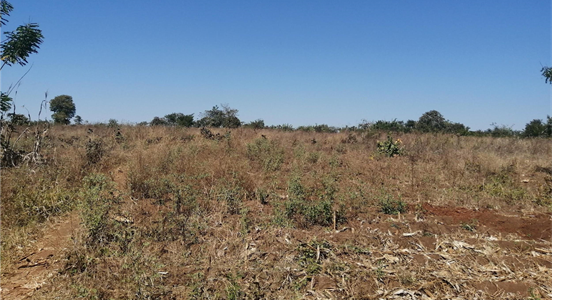By Chengxiu Li
Cropland expansion has become a common strategy for boosting agricultural production in sub-Saharan Africa (SSA). However, cropland expansion is not a sustainable form of agricultural development due to the environmental concerns it raises and the limited arable land available. We do not have a comprehensive understanding of the current state and extent of croplands in Malawi. This understanding is key for protecting cropland and implementing evidence-based policies for sustainable agricultural land management.
Using satellite data, socio-economic data, and household survey datasets, we found evidence of unsustainable cropland use in Malawi. Cropland accounted for 39% of land area in Malawi in 2010 and has expanded rapidly since then, with an increase of 8.5% of total land area from 2010-2019. Croplands extended into upland areas, areas further away from roads and river basins, showing a worsening situation of land scarcity in Malawi. The land scarcity was compounded by cropland degradation, reduced cropland productivity, and increased soil erosion over time. There is very limited potential for future expansion, as approximately only 5% of the total land remains as potentially available cropland. These potential croplands were estimated to support expansion only for 5 years with the current expansion rate.
As little land is left for agricultural expansion combined with declining productivity, sustainable cropland management is needed in Malawi, including protecting the current cropland from further degradation and improving cropland use planning. In addition, we need to rethink how to support farmers in Malawi while preserving land for ecosystem services and biodiversity.


